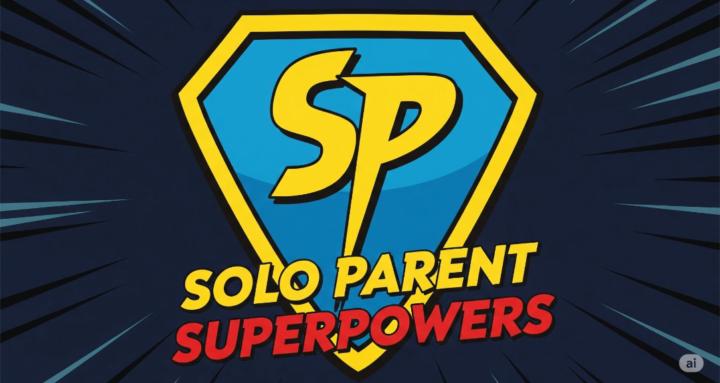23d • General discussion
Your Words Have Superpowers: Building Your Child’s Inner Voice 🗣️❤️
Hey Superparents,
Let's talk about one of the most powerful, and sometimes overlooked, tools we have in our parenting toolkit: our words.
Think about the voice inside your own head. The one that cheers you on or the one that whispers criticism when you’re stressed. Where did that voice come from? For many of us, it’s an echo of the words we heard as children.
As parents, we are actively building our child’s future inner voice, right now. The things we say to them, about them, and around them are the building blocks of their self-esteem and their beliefs about what they can achieve.
They are always listening. When you say, "You are so kind," "You are a creative problem-solver," or "I love how strong you are," they don't just hear you—they believe you. Those words soak into their very being.
But the reverse is also true. If the words they hear are, "You're so clumsy," "Why can't you get this right?" or "You're not good at math," they will believe that, too. You are their mirror to the world. Your words have the power to shape them, making them feel loved and capable, or rejected and inadequate.
This isn't just a feel-good idea; it's a core concept in developmental psychology. Renowned Stanford psychologist Carol S. Dweck revolutionized our understanding of this with her research on "Fixed Mindset vs. Growth Mindset."
Here’s what it means for us:
- Fixed Mindset: This is the belief that intelligence and abilities are static traits you're just "born with." Praising kids with labels like "You're so smart!" can accidentally promote a fixed mindset. They may become afraid to try challenging things for fear of failing and "proving" they aren't smart after all.
- Growth Mindset: This is the belief that abilities and intelligence can be developed through dedication, effort, and learning from mistakes. This creates resilience and a love of learning.
Our words are the primary way we teach one mindset over the other. We are the architects of their mindset.
In her book, Mindset: The New Psychology of Success, Dweck explains, "The view you adopt for yourself profoundly affects the way you lead your life." Her research shows that children who are praised for their effort, strategies, and perseverance ("You worked so hard on that puzzle!") are far more likely to embrace challenges and persist through setbacks than children praised for innate ability ("You're a natural!").
Building a resilient, positive inner voice for our kids doesn't mean we can't correct them or that we must shower them with empty praise. It's about being intentional.
Here are a few simple shifts from a fixed to a growth mindset:
- Instead of: "You're so smart!"
- Instead of: "You're a natural artist."
- Instead of: "Don't worry, it's okay. Math just isn't your thing."
As solo parents, we're often exhausted and running on empty. This isn't about being perfect. It's about being mindful. Every time we choose words that build our children up based on their effort and not just their results, we are handing them a superpower they will use for the rest of their lives. We are giving them an inner voice that says, "You can do hard things."
Let's share our wisdom! What's one thing you say to your child to build up their inner voice? Drop it in the comments below!
0
0 comments

skool.com/solo-parent-superpowers
Unleash your Solo Parent Superpowers! 💪 You're a hero, and heroes need backup too. Join us!
Powered by



